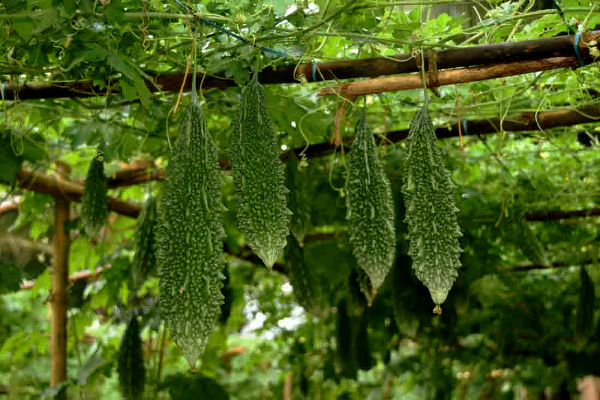New Delhi: Prime Minister Narendra Modi on Saturday asked chief ministers to increase the economic size of their respective states by 2-2.5 times to ensure $5-trillion national economy by 2024 from the current level of $2.7 trillion. This, he said, would help generate additional jobs and increase the purchasing power of the common man.
Chairing the first governing council meeting of the NITI Aayog in his second term as prime minister, Modi announced setting up of a high-powered committee on structural reforms in the distressed agriculture sector. The panel, which will also include some of the chief ministers, will examine legislative changes required for reforms. Later at a press conference, NITI Aayog Vice-Chairman Rajiv Kumar said, “The composition of the panel will be announced in the next few days.”
Gross value added in the farm sector declined by 0.1 per cent in the fourth quarter of FY19, against growth of 2.8 per cent in the previous quarter and 6.5 per cent a year ago.
During the meeting, states asked Finance Minister Nirmala Sitharaman to provide for more investments in cold chains and godowns. The PM, on the other hand, called for effective steps to tackle the drought situation facing the country with the spirit of “per drop more crop”.
States also asked the Centre to review the disaster management norms. “The review will be done in consultation with the home ministry and the agriculture ministry,” NITI Aayog CEO Amitabh Kant said.
The PM said global circumstances offered a unique opportunity to India to increase its economic size. He said the common man’s purchasing power would increase as a result of this. He said India was establishing itself on global benchmarks such as ease of doing business. India ranked 77 in the ease of doing business report of the World Bank in 2018 against 142 when Modi took over as PM for the first time in 2014.
The PM asked each state to frame separate strategies along with district-level road map to make India a $5-trillion economy five years down the line. He called upon chief ministers to study the state’s export potential and work on export promotion. He said the mining sector could provide significant employment opportunities, adding that bottlenecks in operationalisation of mines continued to exist in several States.
The PM said there might be political differences, but the people of India expected ‘Team India’ to take all steps to realise the aspirations of every Indian. He said the committee on agriculture would take a holistic approach on the farm sector, including allied activities. He emphsised that structural reforms in the farm sector would boost private investment, strengthen logistics and provide ample market support to farmers. He said the food processing sector should grow at a faster pace to benefit the farmers.
On flagship schemes like PM-KISAN, Modi asserted that it should reach intended beneficiaries well within time.
Sitharaman asked states to modernise agricultural produce market committee (APMC) reforms. She said subsidy on drip irrigation needed to be reviewed and raised.
The Prime Minister called upon States to review the progress of aspirational districts from time to time. He said a new model of governance needed to be established in aspirational districts. He encouraged states to identify 20 per cent most backward blocks in the state as aspirational blocks.
Modi said the newly created island development department would work on the development of about 1,300 islands. He said the country needed to prioritise and make appropriate interventions to solve its water problems. He said both water conservation and irrigation required massive efforts, based on public participation. He recalled the letter that he had recently written to all ‘sarpanches’ (village heads), urging them for water conservation efforts in their villages.
Modi said the aim of his new government was to provide piped water to every rural home by 2024 for which special attention had to be given to water conservation and management. He said the country was now moving towards a governance system which was characterised by ‘performance, transparency and delivery’. He called for an outcome-based approach for the Ganga River Basin Authority.
On the naxalite problem, the PM said the battle against naxal violence was now in its decisive phase and it would be dealt with firmly even as development proceeded in a fast-paced and balanced manner.
Source: Business Standard
Image Courtesy: East West Seed
You may also like
-
Trade Connect E-platform For Exports Is Single Window, Fast, Accessible And Transformational: Shri Piyush Goyal
-
Dot Simplifies Approval Processes For Telecom Licenses And Wireless Equipment
-
Coal Production and Supply Trends on Positive Trajectory
-
Union Minister To Release Booklets On Promotion Of Indigenous Species & Conservation Of States Fishes
-
2nd India-Japan Finance Dialogue held in Tokyo on 6th September, 2024
